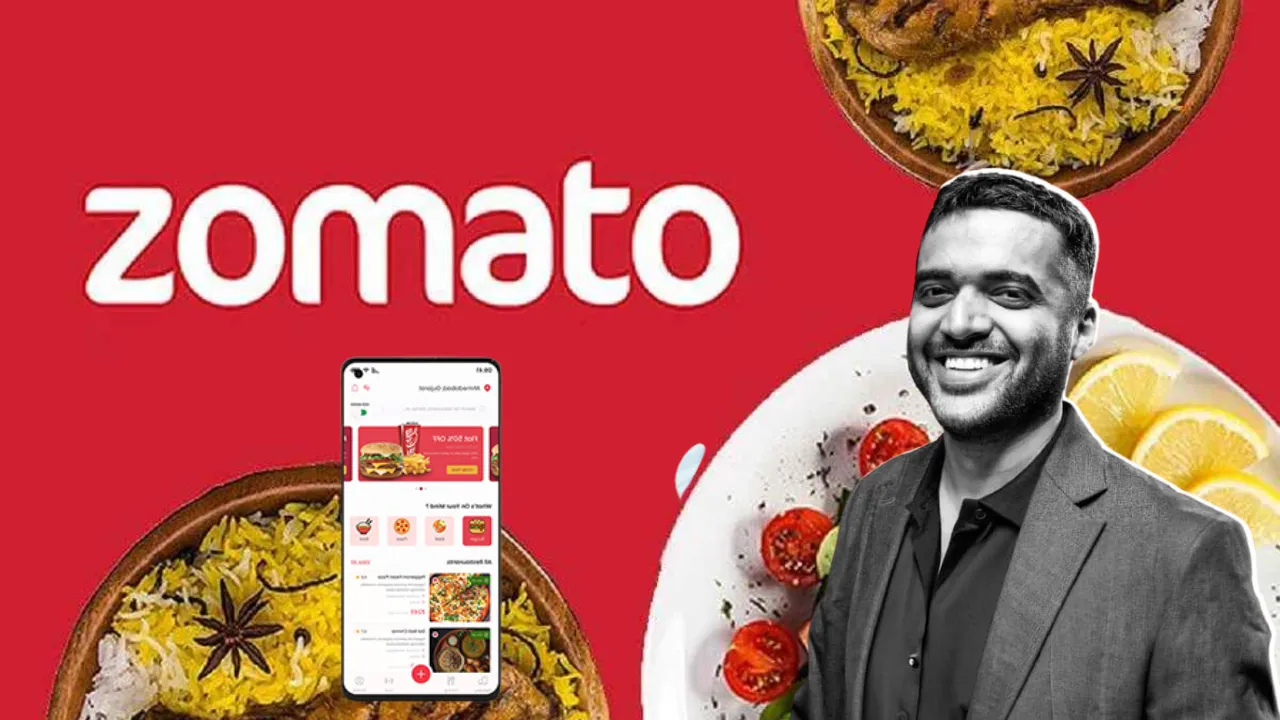Zomato, one of India’s leading food delivery platforms, has temporarily paused its recently introduced 50:50 refund sharing policy with restaurant partners. The decision comes after significant pushback from restaurants and ongoing challenges in the food delivery sector. This move highlights the delicate balance Zomato is trying to maintain between managing costs and nurturing its vast network of restaurant partners.
What Was the 50:50 Refund Sharing Policy?
In early 2025, Zomato rolled out a new policy requiring restaurants to share half of the refund amount issued to customers on disputed orders. Previously, Zomato bore the entire refund cost if a restaurant declined a refund claim. The new approach aimed to make restaurants more accountable for customer satisfaction and reduce Zomato’s financial burden from refunds.
Zomato’s Rationale Behind the Policy
In communication with restaurant partners, Zomato emphasized that the policy was not merely about cost-sharing but about building trust, fairness, and a sustainable food delivery ecosystem. The company pointed out that unresolved customer complaints lead to a decline in customer retention, ultimately hurting both restaurants and the platform.
Why Did Zomato Pause the Policy?
Despite the intended benefits, the refund sharing policy faced strong opposition from restaurants across India. Many restaurant owners argued that the policy was unfair and shifted undue financial risk onto them.
Restaurant Concerns and Opposition
Delivery-Related Issues: Restaurants highlighted that factors like delayed deliveries, cold food due to traffic, or delivery partner errors are beyond their control. They questioned why they should bear refund costs for issues caused by Zomato’s delivery logistics.
Loss of Autonomy: Earlier, restaurants could approve or reject refund claims, with Zomato covering costs if claims were denied. The new policy removed this choice, forcing restaurants to pay 50% of all refunds initiated by Zomato.
Cost-Cutting Perception: Several restaurateurs perceived the move as an attempt by Zomato to cut its own expenses at the expense of partners.
One cloud kitchen owner told Inc42, “If the food gets cold because of the delivery partner, why should the restaurant pay? That’s their fault.”
Zomato’s Next Steps: Incorporating Feedback
In a recent email to partners, Zomato informed that the refund sharing program has been temporarily paused and will be relaunched after incorporating partner feedback. This signals Zomato’s willingness to engage with restaurant concerns and possibly revise the policy to make it more balanced.
Context: Challenges Facing Zomato and the Food Delivery Industry
The refund policy controversy comes at a time when Zomato’s parent company, Eternal, is grappling with slowing growth and rising costs in its food delivery business.
Financial Performance Highlights
Profit Decline: Eternal’s consolidated profit after tax (PAT) dropped 77.8% in Q4 FY25 compared to the previous year.
Revenue Trends: Zomato’s adjusted revenue grew 17% year-on-year but declined slightly quarter-on-quarter.
Operational Changes: The company delisted 19,000 restaurants in Q4 and announced the shutdown of its Quick and Everyday services to optimize operations.
Regulatory and Market Pressures
Zomato and Swiggy are currently under investigation by the Competition Commission of India (CCI) for alleged anti-competitive practices.
The National Restaurant Association of India (NRAI) has previously threatened legal action against Zomato over its quick commerce app, Bistro.
Eternal CEO Deepinder Goyal acknowledged in a shareholder letter that food delivery growth is below expectations, underscoring the need for strategic adjustments.
What This Means for Indian Restaurants and Consumers
The pause on the refund sharing policy offers temporary relief to restaurants wary of increased financial risks. However, it also highlights the ongoing tension between food delivery platforms and restaurant partners over cost-sharing and operational responsibilities.
For consumers, Zomato’s focus remains on maintaining trust and service quality, but how refunds and customer grievances are handled going forward will be key to retaining loyalty.
Conclusion: A Balancing Act for Zomato
Zomato’s decision to put the 50:50 refund sharing policy on hold reflects the complex dynamics of India’s food delivery ecosystem. As the company navigates financial pressures and partner relationships, transparent communication and fair policies will be critical to sustaining growth and trust.
